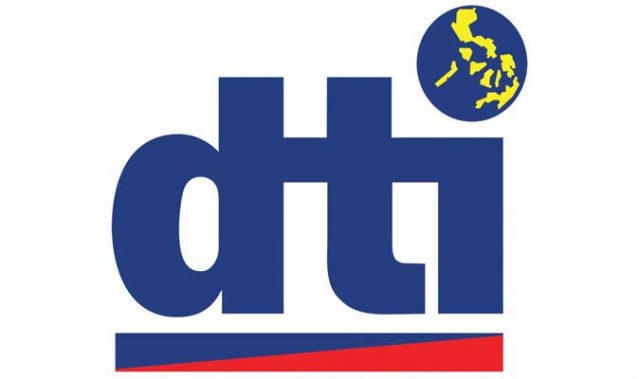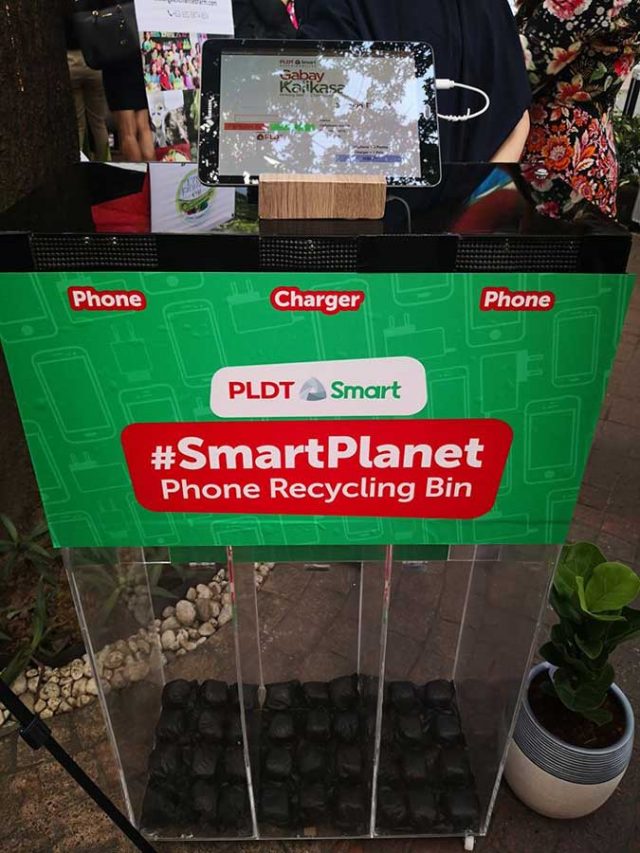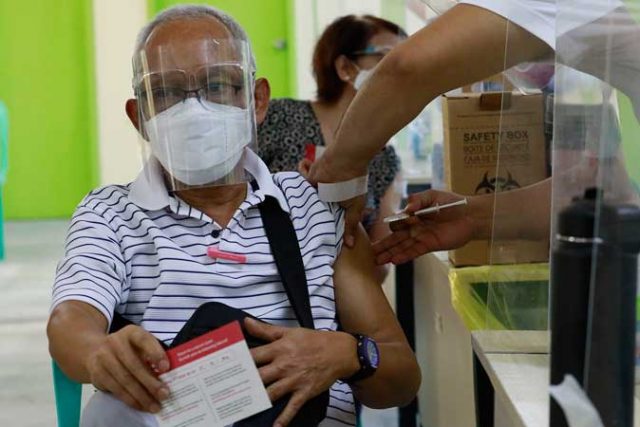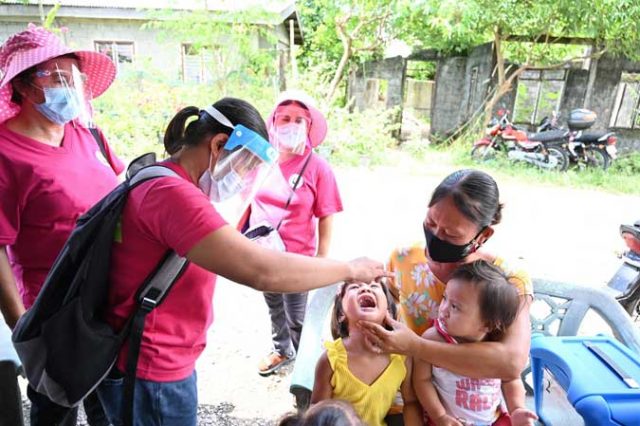Budget deficit to remain wide until 2022
THE GOVERNMENT is likely to run a wide fiscal deficit until 2022 as it supports the economy amid the coronavirus crisis, Fitch Solutions Country Risk & Industry Research said.
“We see limited risks from running wide deficits in the near term given the economy’s need for demand and investment. However, longer-term pressures on public finances will warrant a substantial tightening of fiscal support over the medium term,” Fitch Solutions said in a note on Friday.
“We do not view such stimulus as a risk to the near-term public debt outlook and anticipate fiscal consolidation over the coming years,” it added. “As noted, we believe the rise in public indebtedness in the near term is warranted given the weak economic backdrop and poses limited risks to the Philippines’ well managed public debt profile.”
Fitch Solutions expects the country’s budget deficit to be equivalent to 7.7% and 6.5% of the country’s gross domestic product (GDP) in 2021 and 2022, respectively. These estimates are smaller than government’s own projections of 9.4% and 7.7% for this year and next.
The government wants to raise P3 trillion from domestic and external lenders this year to help fund its budget gap. In 2020, the fiscal deficit ballooned to 7.5% of GDP from 3.4% in 2019.
Latest data from the Bureau of the Treasury showed the budget deficit stood at P44.4 billion in April, significantly lower than the P273.9-billion gap logged a year earlier and a 76.8% drop from the P191-billion shortfall in March.
In the first four months of the year, the government recorded a fiscal gap of P365.9 billion, slightly wider than the P360-billion deficit seen in the same period of 2020, due to muted growth in spending and revenues.
“We expect revenues to pick up as mobility restrictions imposed in late March are eased and with base effects,” Fitch Solutions said.
“Funding for such plans (pandemic response) could ultimately eat into funding allocated to other areas in the 2021 budget and we believe the potential for further COVID-19 outbreaks in 2021 will mean more resources being diverted from the government’s infrastructure drive towards the healthcare and household funding response,” it added.
Meanwhile, Fitch Solutions said the passage of the Corporate Recovery and Tax Incentives for Enterprises or CREATE Act, under which the corporate income tax was immediately reduced to 25% from 30%, could help in the economy’s recovery as it put the country’s tax rate in line with those of its regional peers such as Thailand (20%), Malaysia (24%), Indonesia (22%), and Vietnam (20%).
“However, as we have noted previously, tax reform alone will not address the issues the Philippines faces attracting FDI (foreign direct investments). The likely disruption to government infrastructure investment again in 2021 will delay much needed logistical improvements and spending on utilities that are needed to support business hubs,” Fitch Solutions said. — LWTN












